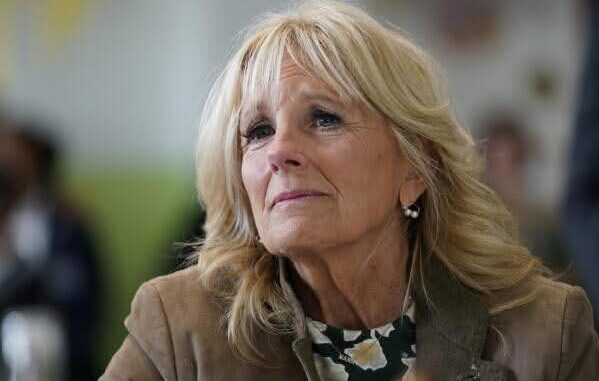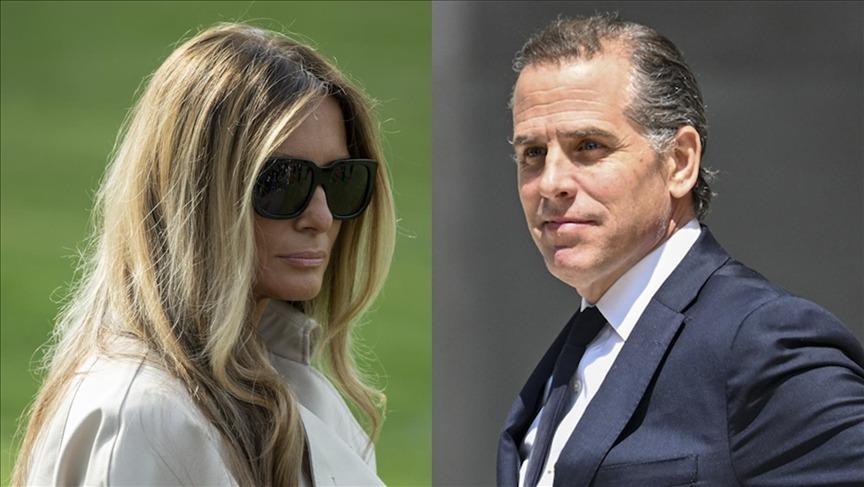HT6. Was Donald Trump Nominated for a Nobel Peace Prize Amid the June 2025 Israel-Iran Tensions?
Reports that Donald Trump was nominated for a Nobel Peace Prize in connection with an alleged ceasefire between Israel and Iran in June 2025 have circulated widely online. These claims suggest that the former U.S. president helped mediate an agreement to stop hostilities during a sharp spike in military conflict between the two nations—and that U.S. Representative Buddy Carter submitted a formal nomination on his behalf.
But is any of this true?
As of now, there is no official confirmation that Trump played a role in any ceasefire, and no verifiable public record of a Nobel nomination tied to this incident. Meanwhile, the actual conflict between Israel and Iran in June was indeed serious, involving several days of missile exchanges, airstrikes, and heightened tensions. Yet the notion that Trump’s involvement ended the conflict and merited a peace prize is, at best, speculative and unsupported by credible sources.
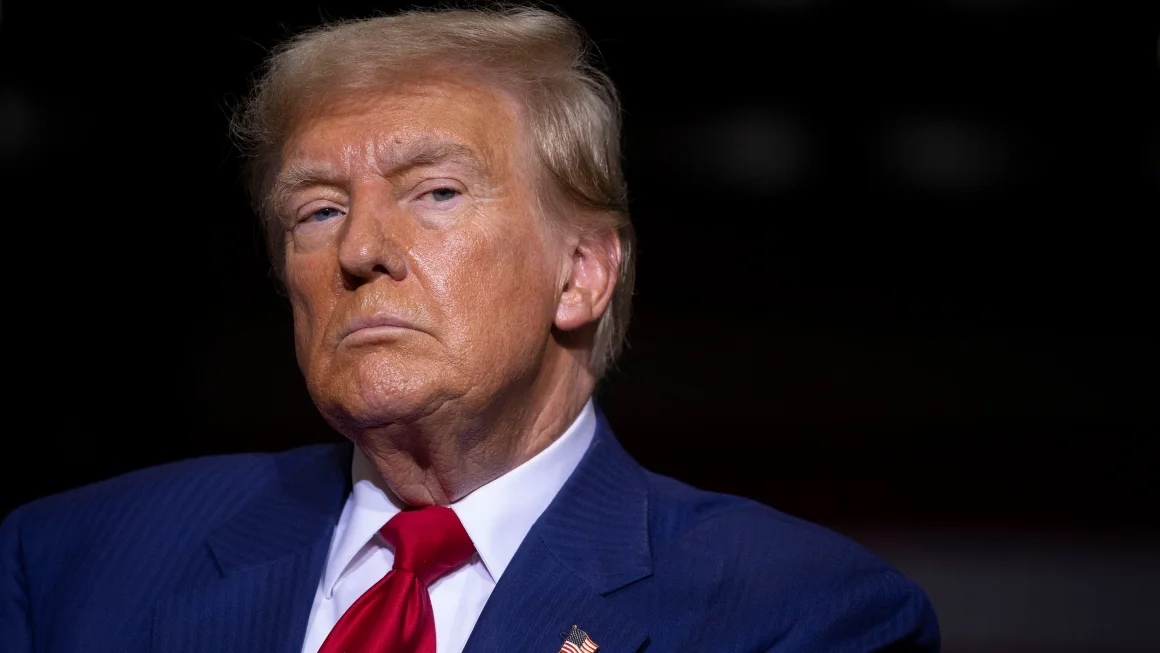
The Origin of the Claim
The idea that Donald Trump was nominated for the Nobel Peace Prize during the June 2025 Israel-Iran conflict first appeared on a handful of political blogs and social media accounts shortly after hostilities reportedly subsided. These sources claimed that a ceasefire was reached following secret diplomatic communications in which Trump played a central role. They also asserted that Rep. Buddy Carter submitted an official nomination to the Nobel Committee, crediting Trump for preventing a regional war.
Such a narrative quickly gained attention, especially among partisan platforms. However, no mainstream or reputable news organization has corroborated this story. Neither Carter’s office nor the Nobel Committee has made any public comment confirming the nomination or Trump’s involvement in peace efforts during the period in question.
What Really Happened in June 2025?
What is confirmed is that Israel and Iran experienced heightened military tension in June 2025. According to multiple regional and international news reports, the month was marked by a surge in cross-border violence. Israel allegedly launched a series of airstrikes targeting Iranian-linked facilities in Syria and other locations. In response, Iran was reported to have fired ballistic missiles at Israeli targets. This tit-for-tat escalation continued for several days.
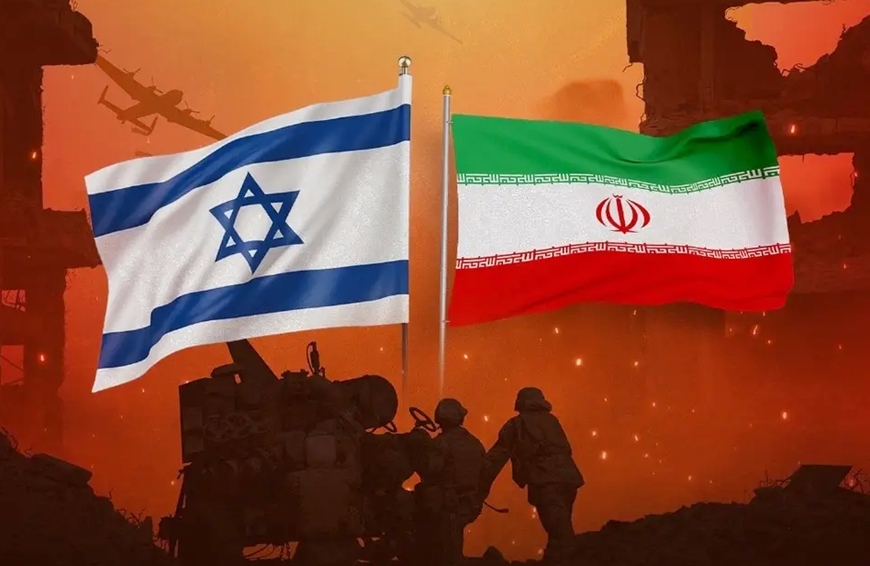
Air raid sirens sounded across several Israeli cities. Israel’s Iron Dome defense system was activated repeatedly. Iranian military forces were placed on high alert, and naval activity intensified in the Persian Gulf. Both nations issued harsh rhetoric, and fears of full-scale war briefly gripped international observers. Governments across Europe and the Middle East called for restraint, and the United Nations expressed concern about the potential for the situation to spiral further.
Despite the intensity of the conflict, there was no official declaration of war, nor any signed ceasefire agreement announced by either side. While military activity appeared to taper off later in the month, it’s unclear whether this was due to a mutual agreement, external mediation, or simply a strategic pause.
The Alleged Ceasefire Announcement
Online posts crediting Trump with facilitating a ceasefire appeared almost as soon as reports of decreased fighting began. These posts claimed that Trump used back-channel diplomacy to convince both parties to halt aggression and that his personal influence—especially with Israeli leadership—was instrumental in achieving peace.
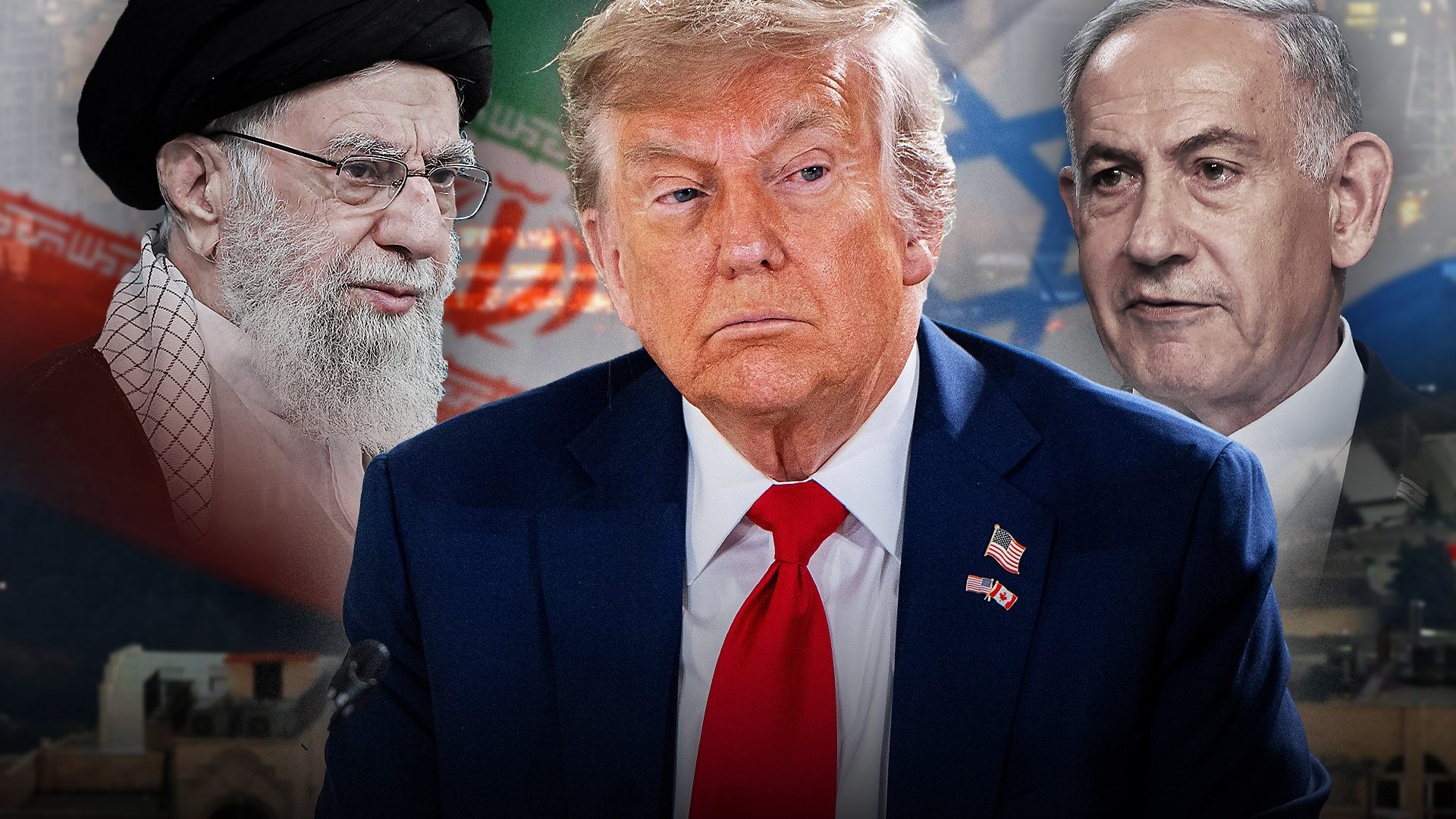
But again, these claims are not supported by any evidence from official channels. Neither the Israeli government nor the Iranian regime has acknowledged any negotiation led by or involving Trump. The U.S. State Department has also remained silent on any such involvement. No joint statement, press conference, or diplomatic communication supports the existence of a Trump-brokered truce.
Even if Trump had reached out to figures on either side, such informal communications would not typically result in an official ceasefire—especially in a conflict this complex and multi-layered.
The Nobel Peace Prize Nomination
The Nobel Peace Prize is awarded annually by the Norwegian Nobel Committee to individuals or organizations that have made significant contributions to peace efforts. While anyone who meets the eligibility criteria—including national lawmakers—can submit nominations, the committee keeps those names confidential for 50 years. That means it’s impossible to independently verify a nomination unless the nominator chooses to announce it publicly.
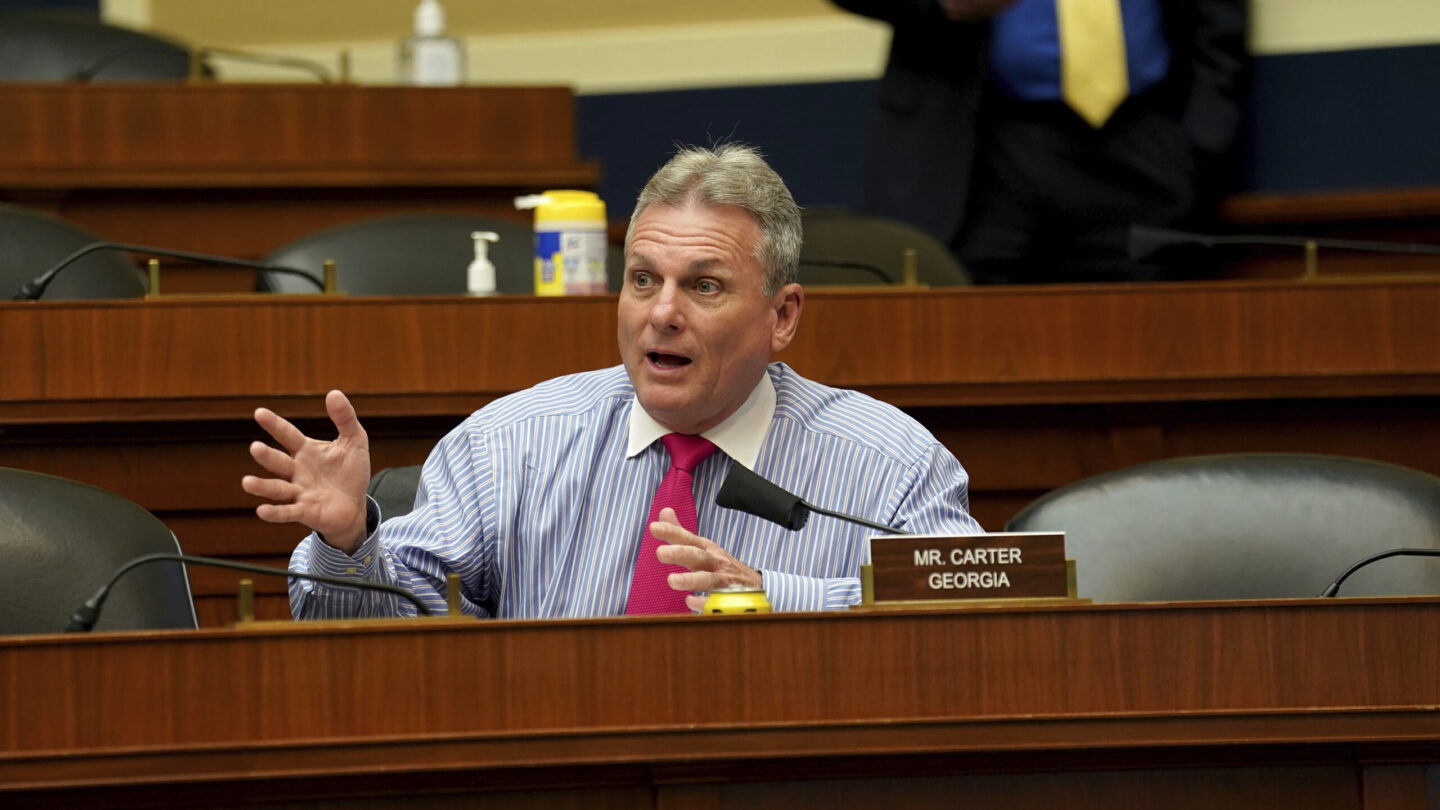
In this case, Rep. Buddy Carter has not issued any statement acknowledging a nomination for Donald Trump in 2025. His official website contains no reference to the Nobel Prize or Trump’s alleged role in the Israel-Iran situation. Furthermore, no official documents or interviews have surfaced to support this part of the claim.
Without confirmation from Carter himself, or from credible news coverage, the Nobel nomination remains an unverified claim.
Why the Claims Are Problematic
Claims of a Nobel Peace Prize nomination carry political weight and can influence public opinion, especially when tied to a high-profile global conflict. However, awarding or even suggesting such honors requires verifiable facts. In this case, the central assertions—Trump’s role in halting a conflict and Carter’s nomination—are both unsubstantiated.
Even if Trump had called for peace or communicated with leaders, a Nobel Peace Prize requires more than a temporary pause in fighting. Past recipients have negotiated formal treaties, ended long-term wars, or initiated institutional changes that reduced violence on a global scale. A brief reduction in missile launches, followed by resumed hostilities, would not meet those standards.

Moreover, spreading unverified claims can dilute the significance of legitimate peace-building work and erode trust in international institutions. This is particularly important in an era where misinformation spreads quickly and political narratives often outpace facts.
The Role of Responsible Reporting
Media coverage of the June conflict between Israel and Iran focused on verified incidents: airstrikes, missile attacks, civilian alerts, and regional instability. Outlets like BBC, CNN, Reuters, and Al Jazeera all covered the escalation in detail. None of them, however, reported anything about Trump negotiating peace or being nominated for a Nobel Prize.
In fact, no mainstream outlet has confirmed any ceasefire agreement at all. What appears to have occurred was a gradual de-escalation, possibly due to strategic calculations or external diplomatic pressure, but not a formal or enforceable truce.
The absence of coverage in reputable outlets is not a conspiracy or oversight. Rather, it reflects the lack of evidence needed to publish such a serious claim. Journalistic integrity requires thorough verification, especially when reporting on global security issues or prestigious honors like the Nobel Peace Prize.

Conclusion
While the military conflict between Israel and Iran in June 2025 was real, intense, and deeply concerning, there is no credible evidence that Donald Trump played a role in brokering a ceasefire or that he was nominated for a Nobel Peace Prize because of it. These claims remain speculative and are not supported by any official sources or major news organizations.
Given the serious nature of international diplomacy and the standards required for peace recognition, it is important to separate fact from speculation. Until concrete evidence emerges, stories about Trump’s alleged peace efforts and Nobel nomination should be viewed critically and not accepted at face value.


